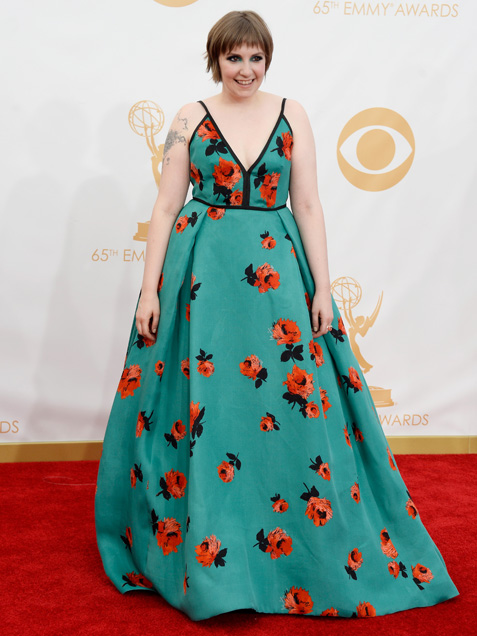 In my latest Word and Film essay, I anticipate this weekend’s Girls season finale, and explore how Lena Dunham fits into Judd Apatown. An excerpt:
In my latest Word and Film essay, I anticipate this weekend’s Girls season finale, and explore how Lena Dunham fits into Judd Apatown. An excerpt:
“The severity of the editing and swift tone changes in “Girls”–a sunny “Hard Days Night” cemetery caper followed by a darkly shot throwdown–do not cater to audiences so much as lead them, building upon a devil-may-carefulness that Apatow himself introduced in his first TV ventures. But Dunham takes it further. There’s a steeliness in her show that is inconceivable in the “family values”-laden, endearingly compensatory, slightly slobbering world of Apatow’s directorial efforts. (His confessed love for self-help books shows in good and bad ways.) She presents the denouement of Hannah’s book editor’s death but not of her grandmother’s; the abrupt evacuation of Adam’s sister; and a shakedown in which the Girls rip each other to shreds with terrifying accuracy. What’s more, none of these events are referenced again by characters otherwise well-acquainted with navel-gazing. There’s an incontinuity at hand that feels both deliberate and brutal. When coupled with all those nitpicking confessionals delivered in uptalk, it speaks of a generational callousness that is stunningly observed.”
For more, including a bevy of Godfather references, go here, Sirenaders!



